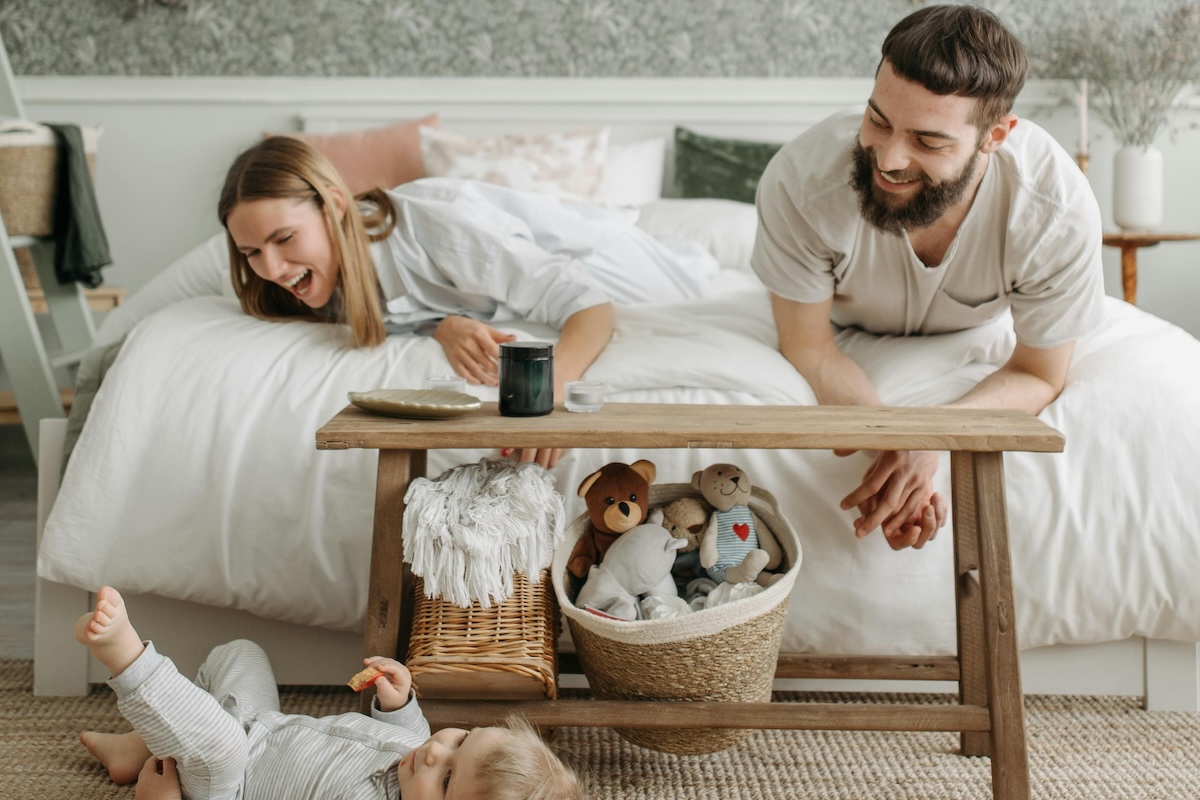Please answer a five-year-long marital argument. My husband says it’s safe to leave food out for a few hours (e.g. after dinner, we can put the kids to bed and then come back and put the leftovers away), while I’m itching to refrigerate leftovers as soon as everyone has served themselves. The CDC says not to leave food out for more than two hours from the time it’s cooked—is that backed by the data? Is it the same for all food (cooked/uncooked, meat/vegetable, dairy/non-dairy)? Is the risk significantly greater in pregnancy or with young babies and toddlers?
—Fridge fiend
I am delighted to settle marital arguments.
Here is the CDC page that you are referencing. The underlying goal of this guidance is to ensure as close to a zero risk of bacteria as possible. It is important to note that this is the only goal of this guidance. It does not take into account enjoyment of food, or convenience. This means that the guidelines take a very wide fence around risk.
The guidelines suggest that all burgers be cooked to 160 degrees (well done). All steak should be at least medium. All fish should be cooked to 145 degrees (no home sushi). Let your food rest after microwaving so the temperature can be even. Package food for your fridge in small, shallow containers (I don’t even understand this one). Never thaw your food on the counter. And, yes, put everything away within two hours.
You’re not going to do all of these things. Is this the absolute safest way to be around your food? Probably yes. But the increase in risk from, say, a medium-rare burger or leaving your food out for three hours is vanishingly small. And it sounds like it’s convenient for your family to do bedtime and then put things away. If the cost of your itch to put away things soon is less family time, that seems like a bad trade.
What I am saying is, you are both right. You’re right in a technical sense, but I think he’s probably right in terms of what you should do.


















Log in